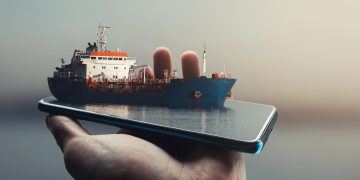Vinalines Queen – 22 More Deaths Owing to Cargo Liquefaction?
Industry Must Unite to Stop This Unnecessary Loss of Life The recent tragic loss of the 2005-built supramax bulk carrier Vinalines Queen and 22 of its crew again underlines the urgent need for greater enforcement of regulations and testing of cargoes that may liquefy.The ship, which was reportedly carrying a cargo of nickel ore from Morowali, Indonesia to China, was reported missing on 25 December, considered lost. Back in December 2010 following the loss of 3 bulk carriers and 44 crew in short succession, all owing to cargo liquefaction, Intercargo took the opportunity to remind the industry of the dangers associated with the carriage of hazardous cargoes - however the loss of the Vinalines Queen demonstrates that the message still isn't getting through.Speaking of the loss, Secretary General of Intercargo, Rob Lomas said "we've previously called on shippers and cargo interests to conduct an urgent review into the testing and safety processes involved in shipping of hazardous cargoes, following the spate of accidents and fatalities in 2010, but clearly more needs to be urgently done to stop this appalling unnecessary loss of life"."Sadly, it seems that some shipowners still do not have the relevant experience or knowledge in interpreting the ...
Read moreDetails


















































